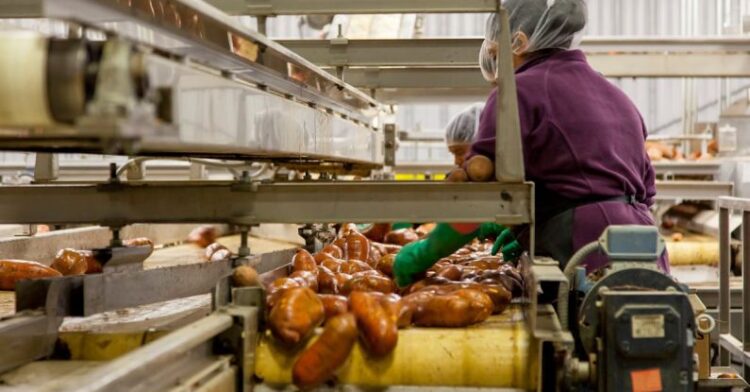How Can Iso 22000 Enhance Food Safety

Food safety is a critical aspect of the food industry, ensuring that the products we consume are free from hazards and contaminants that could harm our health. One of the essential tools in achieving food safety is the ISO 22000 standard. This international standard outlines the requirements for a food safety management system that can be implemented by any organization in the food chain, from farmers to retailers. By adhering to the guidelines set out in ISO 22000, food businesses can enhance their food safety practices and build trust with consumers.
Understanding ISO 22000
ISO 22000 is a globally recognized standard that specifies the requirements for a food safety management system. It provides a framework for organizations to identify and control food safety hazards, ensuring that food is safe for consumption at every stage of the supply chain. By implementing ISO 22000, companies can demonstrate their commitment to producing safe and high-quality food products.
Enhancing Food Safety through Hazard Analysis
One of the key components of ISO 22000 is the requirement for organizations to conduct a thorough hazard analysis. This process involves identifying and assessing potential hazards that could affect the safety of the food products. By understanding the risks associated with their operations, companies can implement control measures to prevent contamination and ensure the safety of their products. Hazard analysis is a proactive approach to food safety that helps organizations mitigate risks before they become a problem.
Implementing Good Manufacturing Practices (GMPs)
ISO 22000 emphasizes the importance of implementing Good Manufacturing Practices (GMPs) to ensure the safety and quality of food products. GMPs are a set of guidelines that outline the basic requirements for food production, including hygiene practices, equipment maintenance, and employee training. By adhering to GMPs, companies can minimize the risk of contamination and maintain a clean and safe production environment. Implementing GMPs is essential for achieving compliance with ISO 22000 and enhancing overall food safety.
Ensuring Traceability and Transparency
Traceability is another critical aspect of food safety that is addressed in ISO 22000. The standard requires organizations to establish systems for tracing the movement of food products throughout the supply chain. By implementing traceability measures, companies can quickly identify and recall products that may be contaminated or otherwise unsafe for consumption. This not only helps to protect consumers but also safeguards the reputation of the company. Transparency in food production and distribution is key to building trust with consumers and demonstrating a commitment to food safety.
Continuous Improvement and Monitoring
ISO 22000 promotes a culture of continuous improvement in food safety management. Organizations are required to regularly monitor and evaluate their processes to ensure compliance with the standard and identify areas for improvement. By conducting internal audits and reviews, companies can proactively address any issues that may arise and make necessary adjustments to their food safety practices. Continuous improvement is essential for maintaining the effectiveness of a food safety management system and adapting to changes in the industry.
Building Consumer Confidence
Overall, ISO 22000 plays a crucial role in enhancing food safety and building consumer confidence. By implementing the requirements of the standard, organizations can demonstrate their commitment to producing safe and high-quality food products. Consumers are becoming increasingly concerned about the safety of the food they consume, and by adhering to ISO 22000, companies can assure their customers that their products meet the highest standards of food safety. Ultimately, ISO 22000 helps to protect public health, improve industry practices, and foster trust between food businesses and consumers.
In conclusion, ISO 22000 is a valuable tool for enhancing food safety in the food industry. By implementing the requirements of the standard, organizations can identify and control food safety hazards, implement Good Manufacturing Practices, ensure traceability and transparency, and continuously improve their food safety management systems. ISO 22000 not only helps companies comply with regulatory requirements but also demonstrates a commitment to producing safe and high-quality food products. By prioritizing food safety through ISO 22000 certification, businesses can protect consumer health, mitigate risks, and build trust in the marketplace.
